Neoplatonism, Depth Psychology, and the Transformation of Trauma
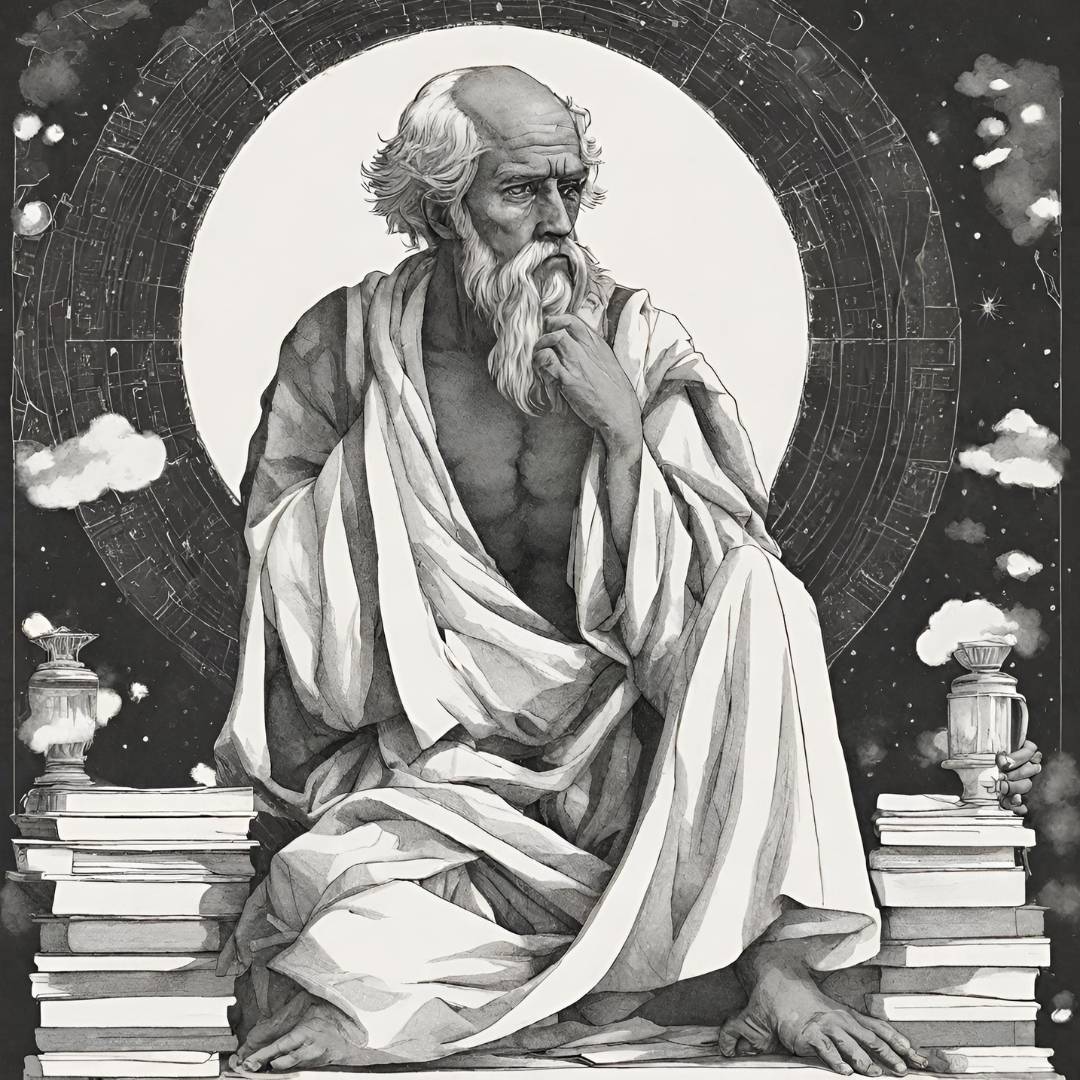 Meta Discover the profound insights of John Scottus Eriugena, the 9th century Irish philosopher, and explore how his ideas about the fourfold nature, theosis, and the divine within can inform depth psychology, psychotherapy, and our understanding of trauma and its healing. Learn how Eriugena’s mystical philosophy resonates with the work of Carl Jung and other pioneering thinkers in the field of psychology.
Meta Discover the profound insights of John Scottus Eriugena, the 9th century Irish philosopher, and explore how his ideas about the fourfold nature, theosis, and the divine within can inform depth psychology, psychotherapy, and our understanding of trauma and its healing. Learn how Eriugena’s mystical philosophy resonates with the work of Carl Jung and other pioneering thinkers in the field of psychology.
John Scottus Eriugena, a 9th century Irish philosopher, theologian, and mystic, is a figure whose ideas have had a profound and lasting impact on Western thought. His unique synthesis of Christian theology and Neoplatonic philosophy laid the groundwork for the development of Western esotericism and mysticism, influencing thinkers such as Meister Eckhart, Nicholas of Cusa, and Jacob Boehme. However, Eriugena’s relevance extends beyond the realm of philosophy and theology; his insights into the nature of reality, the human soul, and the path to the divine have significant implications for depth psychology, psychotherapy, and our understanding of trauma and its healing.
Eriugena’s Life and Work
Born in Ireland around 800 AD, John Scottus Eriugena was a renowned scholar and teacher who spent much of his career at the Palatine Academy in Paris, where he was invited by King Charles the Bald. Eriugena was known for his mastery of both Latin and Greek, as well as his deep knowledge of Christian and Neoplatonic texts. His most significant work, the Periphyseon (On the Division of Nature), is a philosophical masterpiece that presents a comprehensive vision of reality and the human soul’s journey towards union with the divine.
The Periphyseon: A Synthesis of Christianity and Neoplatonism
In the Periphyseon, Eriugena develops a sophisticated philosophical system that draws upon Christian theology, Neoplatonic metaphysics, and the works of Pseudo-Dionysius the Areopagite and Maximus the Confessor. Central to Eriugena’s thought is the concept of the fourfold division of nature, which he sees as the key to understanding the structure of reality and the soul’s path to the divine.
The Fourfold Division of Nature
According to Eriugena, all of nature can be divided into four categories:
- That which creates and is not created (God as the uncaused cause)
- That which is created and creates (the Platonic ideas or archetypes)
- That which is created and does not create (the world of becoming)
- That which neither creates nor is created (God as the final cause or end of all things)
These divisions are not separate realms but rather different aspects of the same ultimate reality, which is the divine mind or Logos. Eriugena sees all of creation as a theophany, or manifestation of God, who is both immanent within the world and transcendent beyond it.
Theosis: The Path to Deification
For Eriugena, the ultimate goal of human existence is theosis, or deification – the complete union of the soul with God. This is not an external reward bestowed by a separate deity, but rather the realization of the divine nature that is already present within each individual. The path to theosis involves a gradual ascent through the levels of reality, from the material world to the realm of ideas and ultimately to the divine itself.
This ascent is mirrored in the fourfold division of nature, as the soul moves from the created order to the uncreated, from the realm of becoming to the realm of being. However, Eriugena emphasizes that this journey is not a rejection of the material world, but rather a transfiguration of it. The physical realm is not an illusion or a prison, but a sacred manifestation of the divine that must be embraced and transformed from within.
Eriugena and Western Esotericism
Eriugena’s ideas had a significant influence on the development of Western esotericism, particularly in the works of medieval mystics and Renaissance philosophers. His concept of the fourfold nature and his understanding of theosis as a process of inner transformation anticipated key themes in the thought of figures like Meister Eckhart, who emphasized the presence of the divine within the human soul, and Nicholas of Cusa, who developed a sophisticated understanding of the coincidence of opposites and the infinite nature of God.
In the 20th century, Eriugena’s ideas have also been taken up by thinkers in the field of transpersonal psychology, who see his vision of the path to deification as a powerful model for understanding psychological and spiritual growth. The concept of theosis, with its emphasis on inner transformation and the realization of the divine within, has been compared to Carl Jung’s notion of individuation, or the integration of the conscious and unconscious aspects of the psyche.
Eriugena and Depth Psychology
The parallels between Eriugena’s thought and depth psychology, particularly the work of Carl Jung, are striking. Jung, like Eriugena, was deeply influenced by Neoplatonic philosophy and Christian mysticism, and he saw the goal of human development as the realization of the Self, or the divine within.
Jung’s concept of individuation involves a descent into the depths of the unconscious, a confrontation with the shadow or repressed aspects of the psyche. This process is mirrored in the alchemical idea of nigredo, or the blackening, in which the base matter of the psyche is broken down and purified. Similarly, Eriugena’s understanding of the path to theosis involves a descent into the created order, a confrontation with the material world and the limitations of embodied existence.
However, both Jung and Eriugena emphasize that this descent is not an end in itself, but rather a necessary stage in the soul’s ascent to the divine. The insights gained from the confrontation with the unconscious or the material world must be integrated into the conscious mind, just as the alchemist must transmute the base matter into gold. The goal is not to reject or transcend the world, but to transform it from within, to realize the divine presence in all things.
Trauma and the Path to Wholeness
Eriugena’s understanding of the soul’s journey towards theosis, and its parallels with Jung’s concept of individuation, have significant implications for our understanding of trauma and its healing. Trauma, whether physical, emotional, or psychological, can be seen as a descent into the depths of the psyche, a confrontation with the shadow and the wounds of the past.
In this context, the path to healing and wholeness is not a matter of simply forgetting or transcending the trauma, but of integrating it into a larger narrative of meaning and transformation. Just as Eriugena’s vision of theosis involves a descent into the created order and a transformation of the material world, the healing of trauma requires a willingness to confront and integrate the painful experiences of the past.
This process of integration is not easy, and it often involves a period of darkness and disorientation, similar to the alchemical nigredo or the dark night of the soul described by Christian mystics. However, as Eriugena and Jung both emphasize, this darkness is not the end of the journey, but rather a necessary stage in the soul’s ascent to wholeness and the divine.
In practical terms, this understanding of trauma and its healing has significant implications for psychotherapy. Rather than simply aiming to alleviate symptoms or promote adaptation to societal norms, a depth psychological approach informed by Eriugena’s thought would emphasize the importance of inner transformation and the integration of the unconscious.
This might involve techniques such as dreamwork, active imagination, and the exploration of symbolic and mythological material, as well as a focus on the therapeutic relationship as a container for the process of transformation. The goal would not be to “cure” the individual in a narrow sense, but to support them in the journey towards wholeness and the realization of the divine within.
The Self and the World
Ultimately, for both Eriugena and Jung, the path to wholeness and the divine is not a solitary or purely intrapsychic journey, but one that involves a profound engagement with the world and with others. As Eriugena writes in the Periphyseon, “The descent of the soul into the body is not a fall from heaven… but a compassionate coming-down, in order that what was made in the image of God should not perish.”
In other words, the soul’s journey towards theosis is not a rejection of the world, but a transformative engagement with it. The goal is not to escape from the world, but to realize the divine presence within it, to participate in the ongoing process of creation and transformation.
Similarly, for Jung, the process of individuation is not a matter of individualistic self-realization, but of the development of a more integrated and whole personality that can engage more fully and authentically with the world. The realized Self is not a static or isolated entity, but a dynamic and relational one, capable of genuine empathy, creativity, and participation in the larger web of life.
The mystical philosophy of John Scottus Eriugena offers a rich and profound vision of reality, the human soul, and the path to the divine. His ideas about the fourfold nature, theosis, and the presence of the divine within all things have had a significant influence on Western esotericism and mysticism, and continue to resonate with contemporary thinkers in the fields of depth psychology and transpersonal psychology.
Eriugena’s understanding of the soul’s journey towards wholeness and union with the divine has particular relevance for our understanding of trauma and its healing. By seeing trauma as a descent into the depths of the psyche and a confrontation with the shadow, and by emphasizing the importance of integration and transformation, Eriugena’s thought offers a powerful framework for a depth psychological approach to psychotherapy.
At the same time, Eriugena’s vision of the soul’s journey as a transformative engagement with the world, rather than a rejection of it, has important implications for our understanding of the self and its relationship to others and to the larger web of life. In an age of ecological crisis and social fragmentation, Eriugena’s emphasis on the sacredness of the material world and the interdependence of all things offers a much-needed corrective to the modern worldview.
Key Topics:
- The life and work of John Scottus Eriugena, his synthesis of Christianity and Neoplatonism
- The Periphyseon and Eriugena’s system of thought, including the fourfold division of nature and the concept of theosis
- The influence of Eriugena’s ideas on Western esotericism and mysticism
- The parallels between Eriugena’s thought and depth psychology, particularly the work of Carl Jung
- The implications of Eriugena’s ideas for our understanding of trauma and its healing
- The relevance of Eriugena’s vision of the self and the world for contemporary challenges
- The continued significance of Eriugena’s mystical philosophy for psychology, spirituality, and ecology
Bibliography:
Boehme, J. (1612). Aurora or The Morning Redness. Boehme, J. (1619). The Three Principles of the Divine Essence. Boehme, J. (1620). The Threefold Life of Man. Boehme, J. (1621). The Signature of All Things. Boehme, J. (1624). The Way to Christ. Carabine, D. (2000). John Scottus Eriugena. Oxford University Press. Edinger, E.F. (1985). Anatomy of the Psyche: Alchemical Symbolism in Psychotherapy. Open Court. Faivre, A. (1994). Access to Western Esotericism. State University of New York Press. Goodrick-Clarke, N. (2008). The Western Esoteric Traditions: A Historical Introduction. Oxford University Press. Guiu, I. (2018). The Cosmic Doctrine of the Logos as Ratio and Verbum in John Scottus Eriugena’s Periphyseon. Revue des Sciences Philosophiques et Théologiques, 102(4), 619-644. Hanegraaff, W.J. (2012). Esotericism and the Academy: Rejected Knowledge in Western Culture. Cambridge University Press. Jung, C.G. (1960). Mysterium Coniunctionis. Princeton University Press. Kijewska, A. (2003). The Eriugenian Concept of Theology: John the Evangelist as the Model Theologian. In W. Otten & M. I. Allen (Eds.), Eriugena and Creation (pp. 173-193). Brepols Publishers. Levine, P.A. (2010). In an Unspoken Voice: How the Body Releases Trauma and Restores Goodness. North Atlantic Books. McGinn, B. (2016). Mysticism in the Reformation (1500-1650). Herder & Herder. Moran, D. (2004). The Philosophy of John Scottus Eriugena: A Study of Idealism in the Middle Ages. Cambridge University Press. O’Meara, J.J. (1988). Eriugena. Clarendon Press. Otten, W. (2020). Eriugena’s Periphyseon: A Synthesis of Augustine and Dionysius. In Thinking Nature and the Nature of Thinking: From Eriugena to Emerson (pp. 9-25). Stanford University Press. Schwartz, R.C. (1995). Internal Family Systems Therapy. Guilford Press. Stoudt, J.J. (1957). Sunrise to Eternity: A Study in Jacob Boehme’s Life and Thought. University of Pennsylvania Press. Van der Kolk, B. (2014). The Body Keeps the Score: Brain, Mind, and Body in the Healing of Trauma. Viking. Versluis, A. (1999). Wisdom’s Children: A Christian Esoteric Tradition. State University of New York Press. Von Franz, M-L. (1980). Alchemical Active Imagination. Spring Publications. Weeks, A. (1991). Boehme: An Intellectual Biography of the Seventeenth-Century Philosopher and Mystic. State University of New York Press.
Read More Depth Psychology Articles:
Taproot Therapy Collective Podcast
Mystics and Gurus

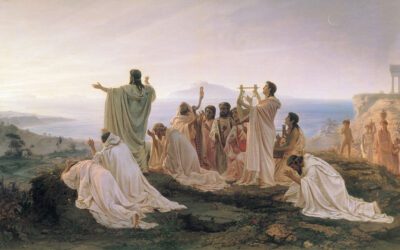






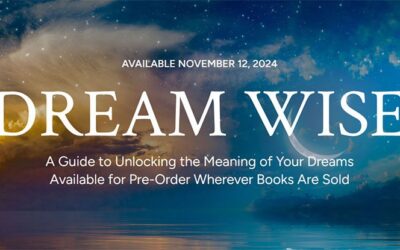
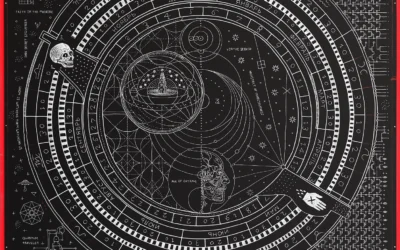
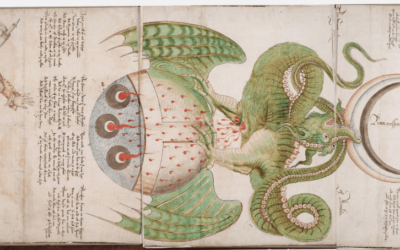

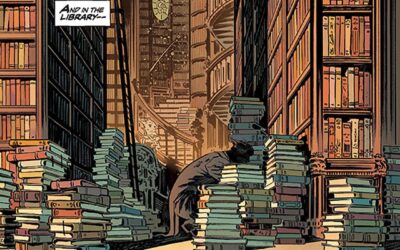

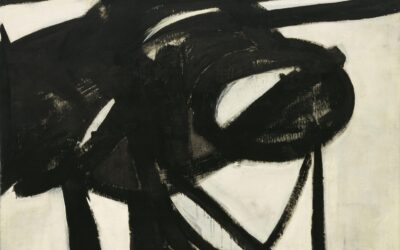
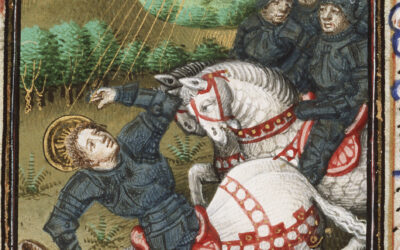

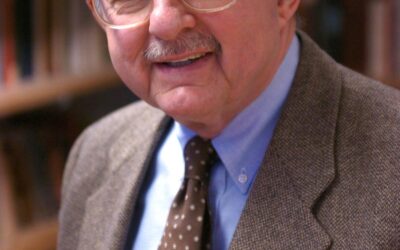
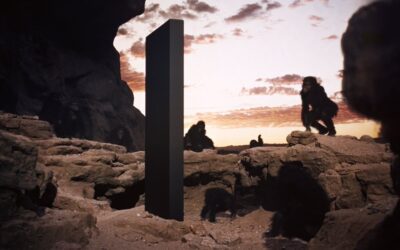
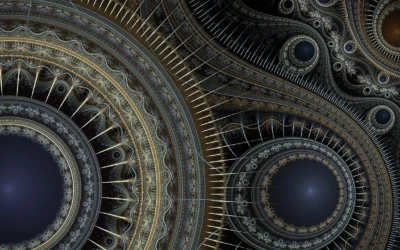
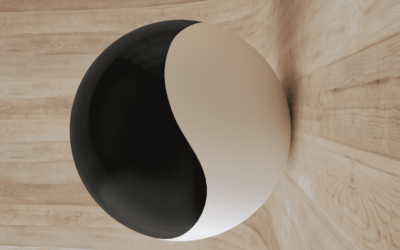
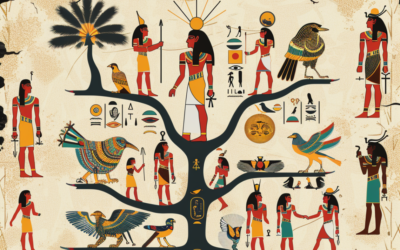
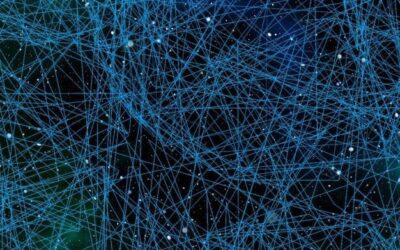
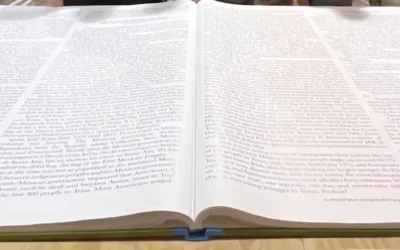
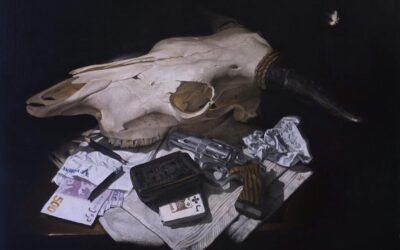
0 Comments